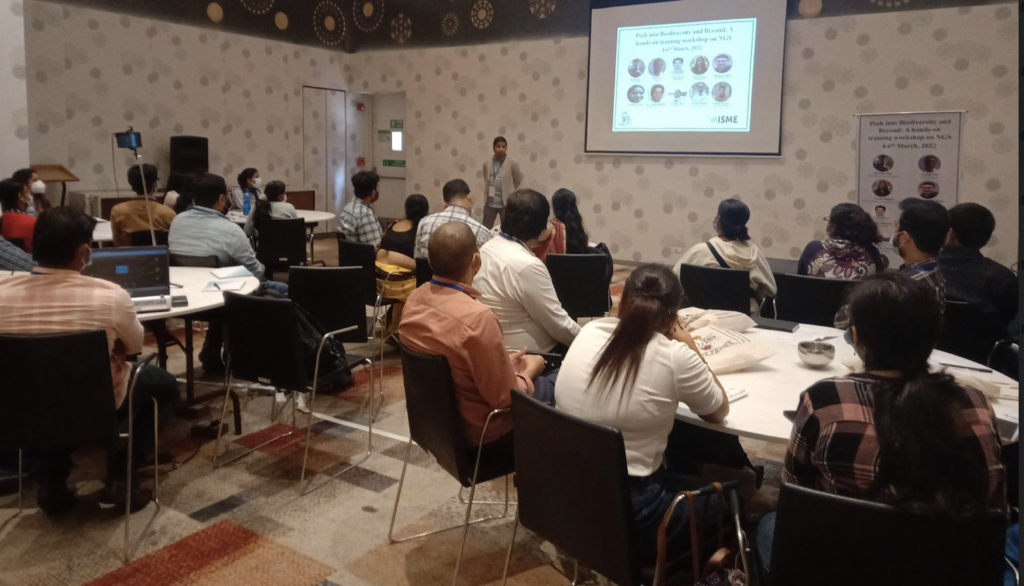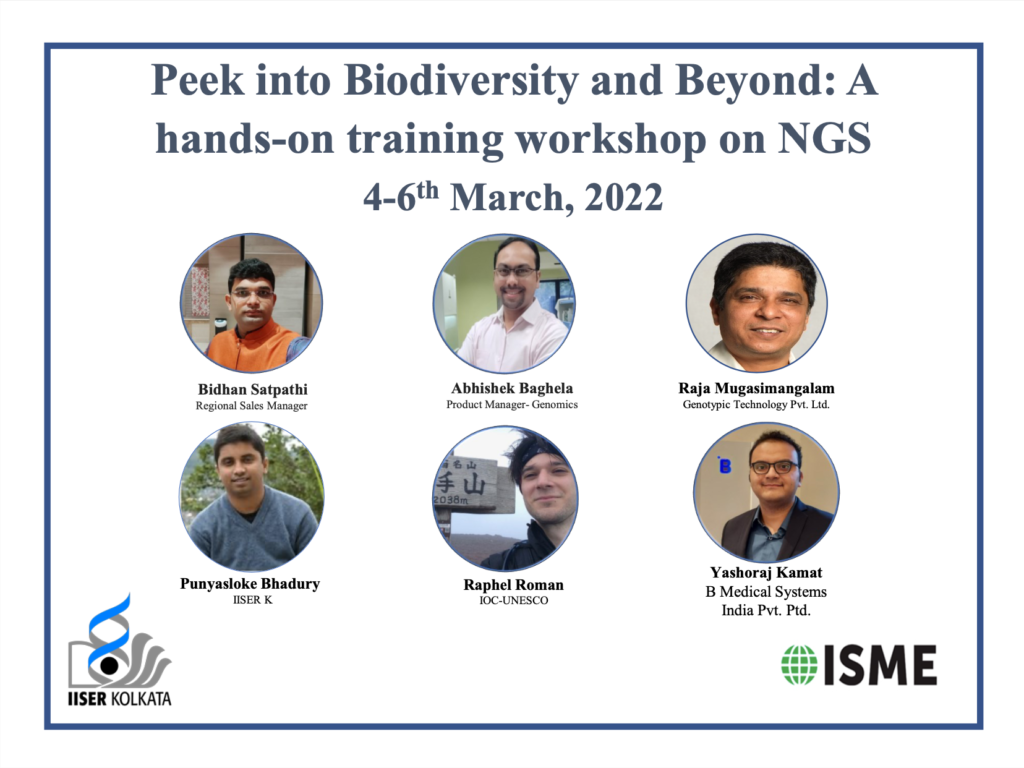The term ‘Biodiversity’ encompasses all forms of life on Earth and has been critical to human development and sustenance. For a long, scientists have studied biodiversity to disentangle the mysteries of nature around us and to understand how nature functions. In the 21st Century, with rapidly changing climatic conditions, we have witnessed a huge loss in global biodiversity. It has thus become imperative to focus our attention on the influence of climate change on global biodiversity to understand how different species would respond to such changes. Our understanding is also crucial to define ecosystem resilience under rapidly changing environmental conditions including global warming and sea-level rise.
A critical component of studying biodiversity is the methodology used in answering important questions. Our methods now largely depend on techniques that are non-invasive and allow us to elucidate members of biological communities without shifting them from their natural ecosystem. With the advent of technology, these methods have become more accurate, less cumbersome, and more affordable. A huge leap in studying biodiversity has been the development of next-generation sequencing (NGS). This technique relies on the collection of environmental DNA from samples followed by simple methods to sequence and identifies members of biological communities. This technique has allowed us to elucidate the structural biodiversity of ecosystems along with providing crucial insights into their functioning.
To further understand the methods involved in conducting NGS-based studies, a three-day workshop was organized by the Centre of Climate and Environmental Studies, Indian Institute of Science Education and Research, Kolkata from 4th to 6th March 2022. This workshop, ‘Peek into Biodiversity and Beyond’ brought together 60 early career researchers from different fields of biology and earth sciences, together with leading experts who discussed the role of NGS in their respective fields. The participants were from different parts of India and represented premier research Institutions of the country. The focus was given to ensuring fair representation of gender, career stage, and geography when selecting the participants. Additionally, going to travel restrictions from parts of India, the workshop was conducted in a hybrid mode– thus allowing participants to listen in via online platforms.
The experts gave an overview of how NGS can be used to address ecosystem-level questions such as mangrove restoration, deep surface mining, understanding soil microbes, and health to using NGS to improve the cultivation of commercially important cash crops such as tea. The workshop also included hands-on sections where each participant had the opportunity to observe the set-up and functioning of instruments such as Qubit, Nanodrop, and the Oxford Nanopore Technologies sequencer (the ONT MinION). Environmental DNA samples were prepared and run on the ONT MinION and the participants observed how data is generated in real-time. Thereafter, the generated data was processed using web-based servers to annotate the datasets. Softwares including MG-RAST, SILVAngs, Galaxy, Proksee, and gview were introduced to the participants. Thereafter, an extensive hands-on training session was conducted which allowed the participants to use the generated datasets to understand data processing. A sequence data file containing information about a bacterial genome was shared with all participants and they learned how to perform sequence quality control, followed by annotation and sequence data visualization.
The participants were also introduced to advance level sequence generation and processing including metatranscriptomics and metaproteomics. Commercial companies that provide sequence generation were invited to introduce their sequencing facilities and to explain the functioning of these high-end sequencers to the participants. The primary aim of this section was to discuss the different types of starting materials and the quality required for different sequencing techniques to be performed. Additionally, this allowed the participants to understand the kind of technique they might need to find answers to their ecological questions.
This workshop was possible owing to the manual support team of Integrative Taxonomy and Microbial Ecology Research Group, along with countless sponsors (including the ECOP Programme) who dedicated their time and resources to join hands in taking a step toward conserving our biodiversity. ECOP Asia coordinator Raphaël Roman also featured as a guest speaker; introducing the ECOP Programme and the opportunities that present themselves by being part of the global (and Asia node) community.
Contact details of the workshop organizer:
Professor Punyasloke Bhadury (Head, Centre for Climate and Environmental Studies, Indian Institute of Science Education and Research Kolkata)
Queries can be emailed to: pbhadury@gmail.com / pbhadury@iiserkol.ac.in
Special thanks go to Anwesha Ghosh, for providing this workshop summary (which was edited by Raphaël Roman).


